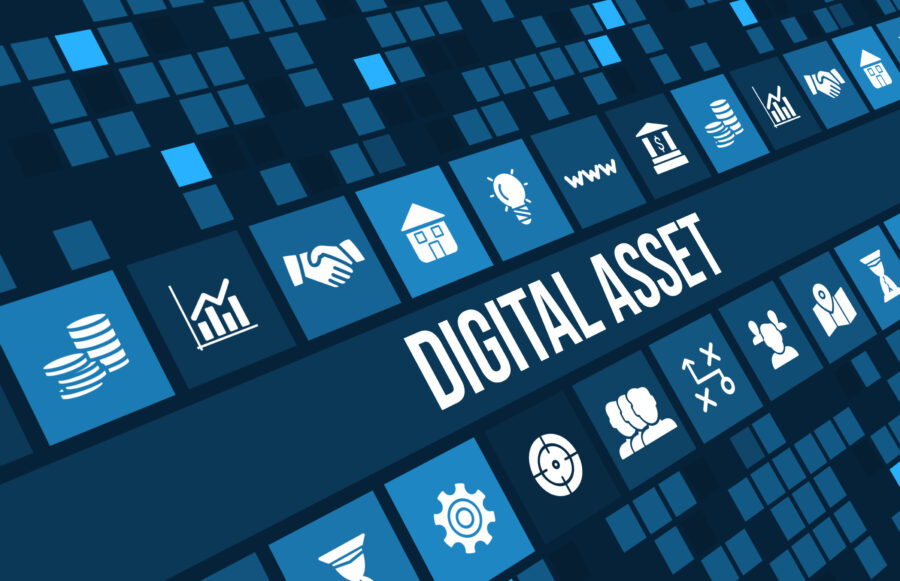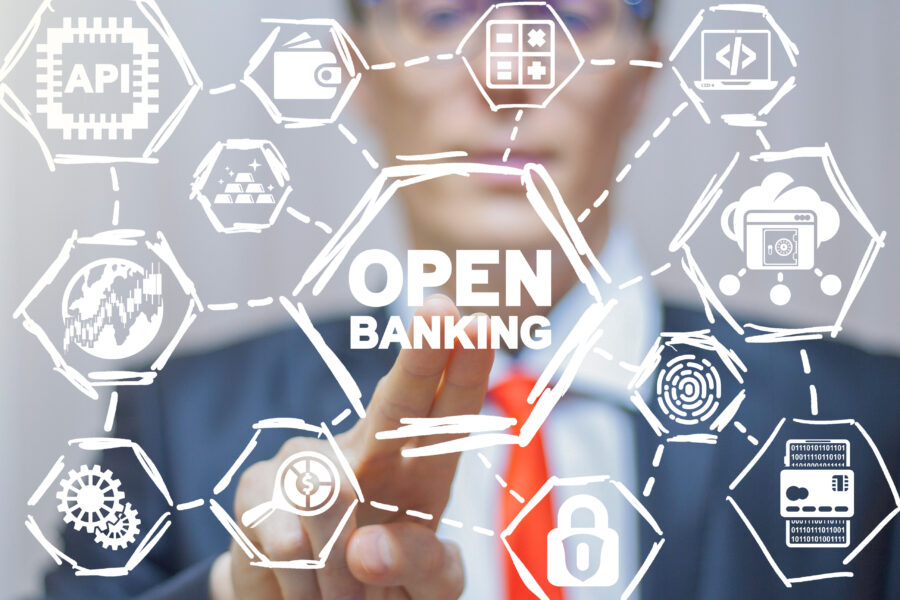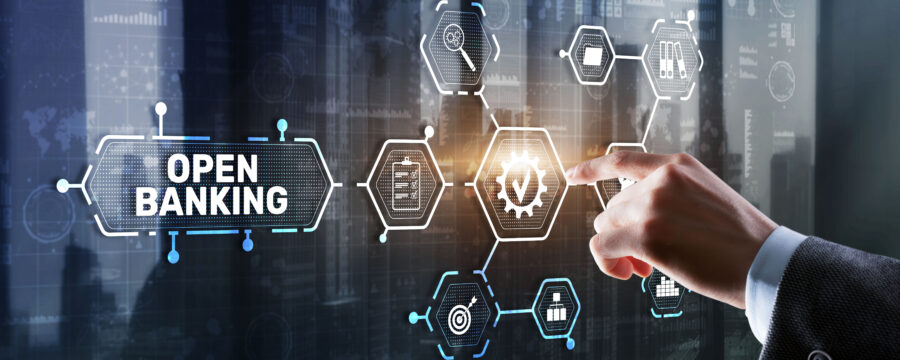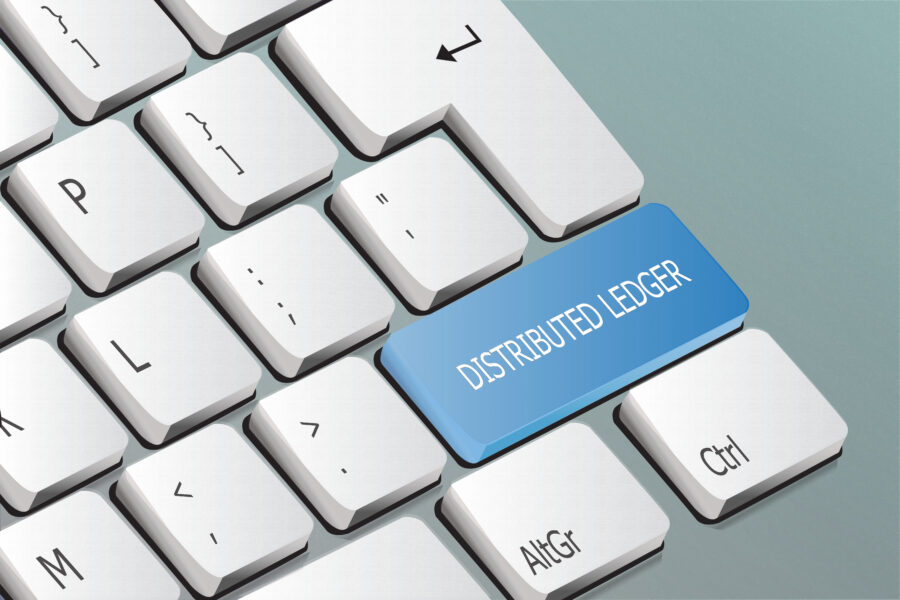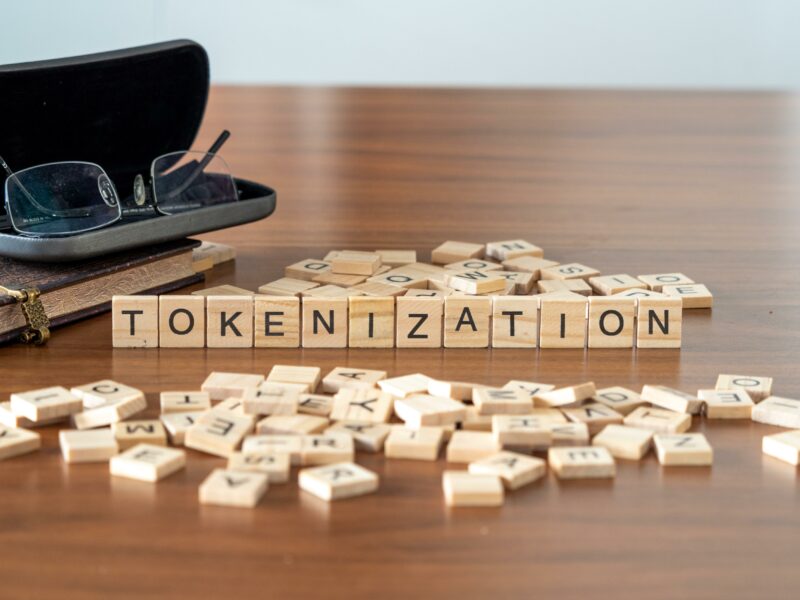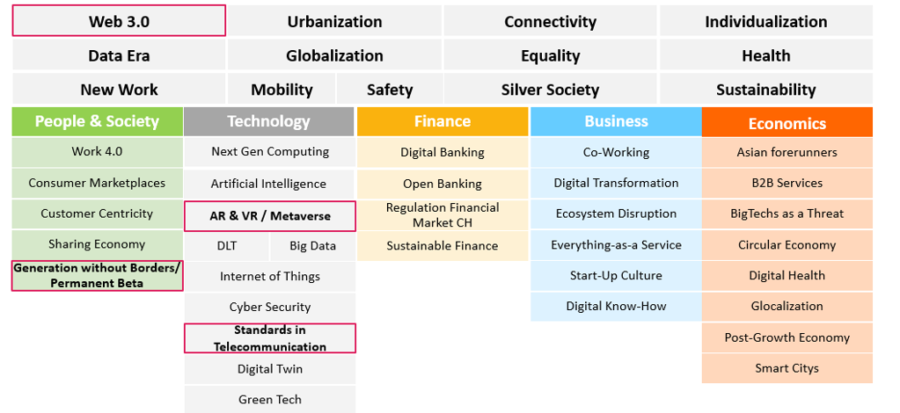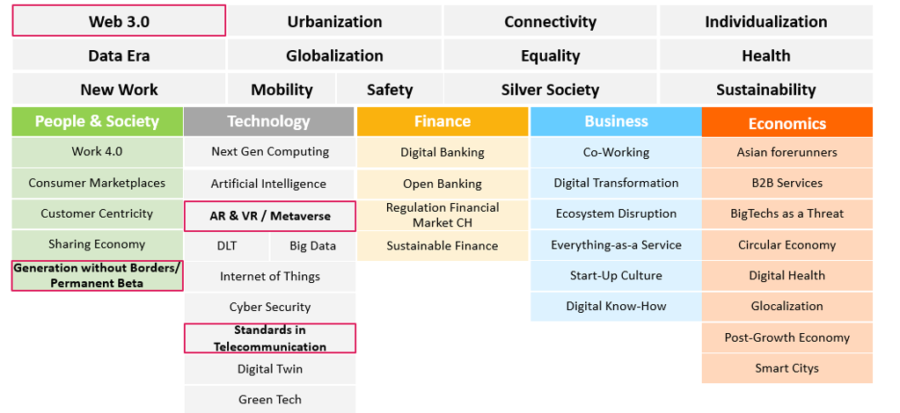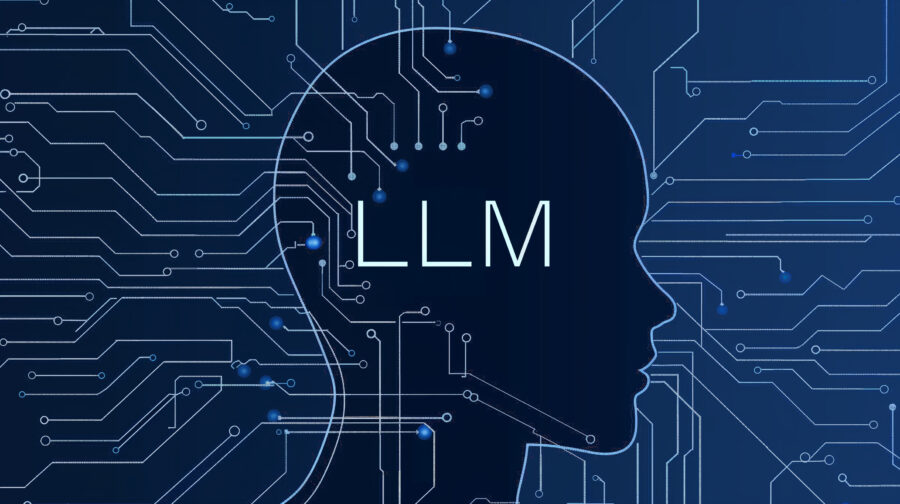
Large Language Models: Origin-Use-Further Development
Large language models (LLMs) have made a quantum leap in the field of natural language processing (NLP) over the last five years, both in terms of understanding (natural language understanding, NLU) and generation (natural language generation, NLG) in the development of communication with computers. With ChatGPT, the general public has also become aware of this. The possible uses in companies are beginning to become more and more relevant. A small series of articles will describe the emergence, integration possibilities in processes and effects of LLMs. In this article, the history of the development of LLMs up to their current status will be outlined, with the aim of presenting strengths, weaknesses and manifestations in the next article on this basis.
Continue reading »


